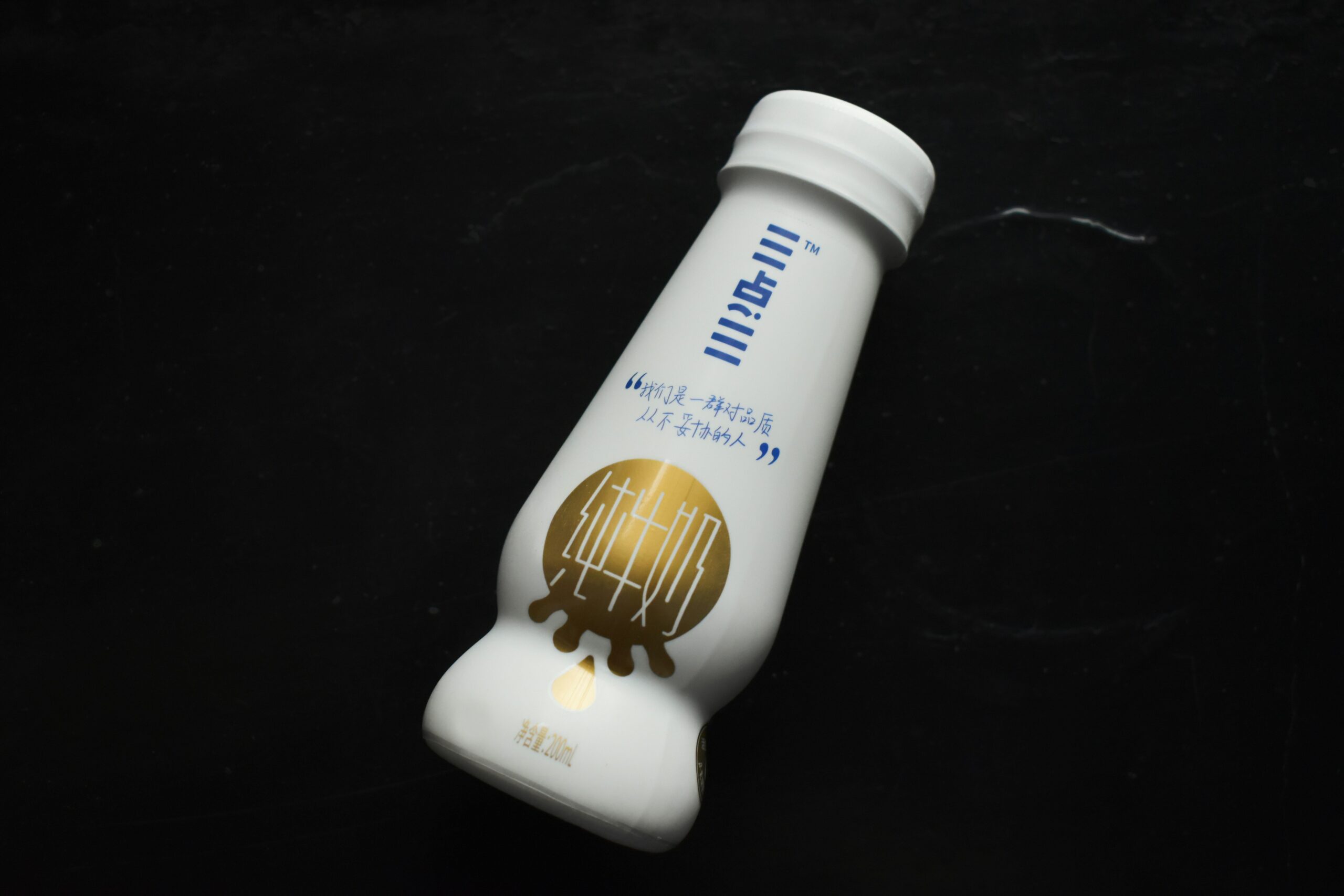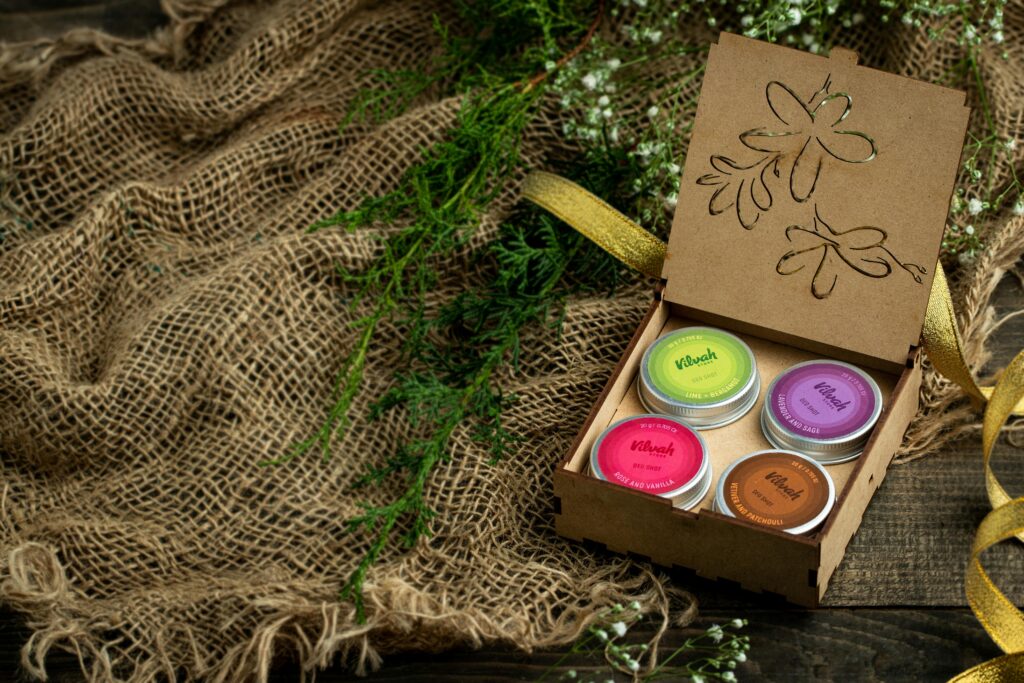Ever stood in front of a skincare aisle, overwhelmed by labels like “natural,” “organic,” and “clean”? Yeah, we’ve all been there.
If you’re tired of slathering mystery chemicals on your face or battling dryness that won’t quit, it’s time to talk about organic hydration creams. These gems not only promise glowing skin but also align with eco-friendly values. In this post, you’ll learn how to spot a legit organic moisturizer, why they matter, and tips for making them work wonders for your skin.
Table of Contents
- The Problem with Skincare Today
- How to Choose the Best Organic Hydration Cream
- Pro Tips for Using Organic Moisturizers
- Real-Life Success Stories
- Frequently Asked Questions
Key Takeaways
- Not all “organic” products are created equal—look for certifications!
- An organic hydration cream can hydrate better without harsh chemicals.
- Pairing your moisturizer with the right routine boosts results.
What’s Wrong with Conventional Moisturizers? Spoiler: A Lot.
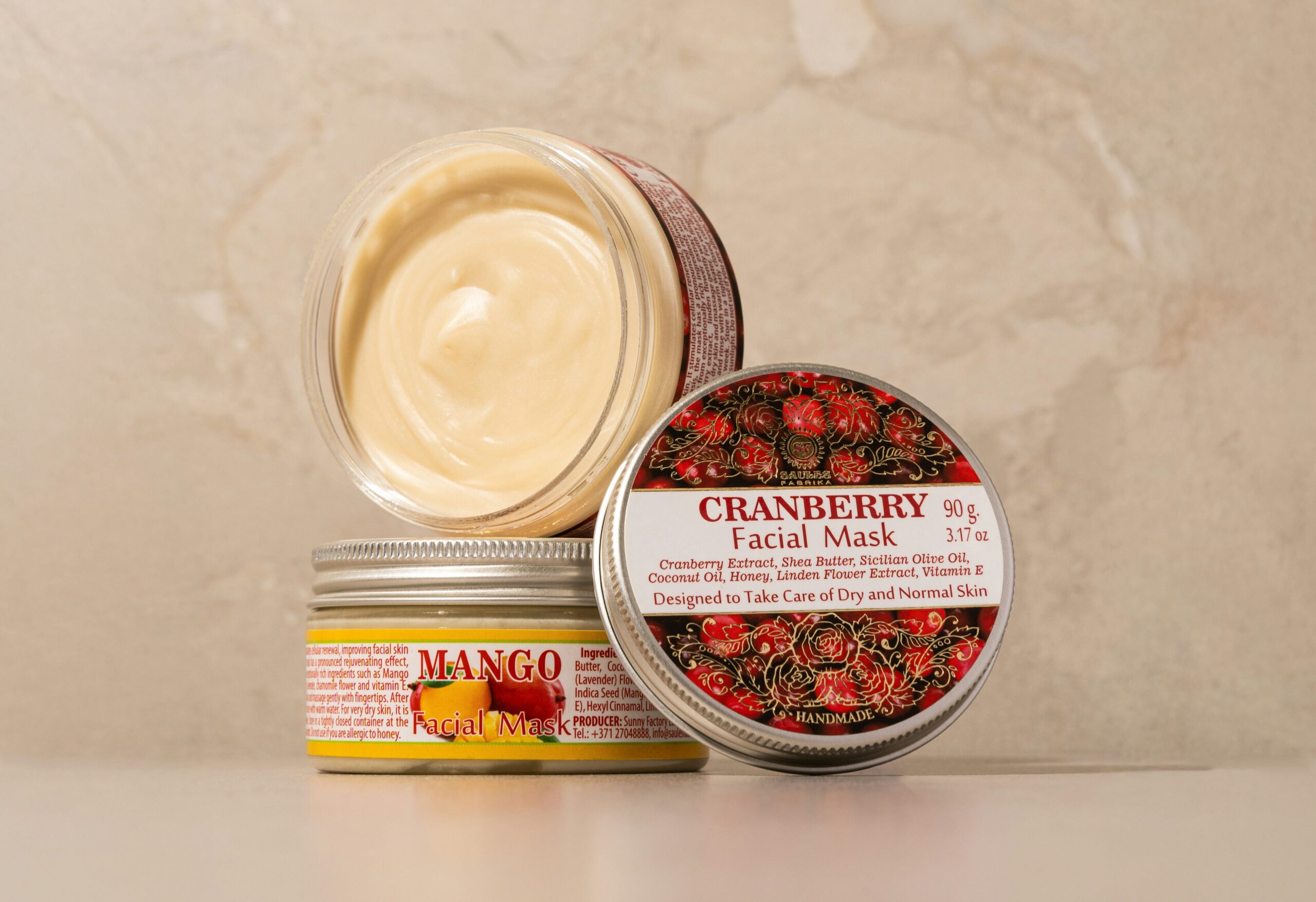
I once grabbed a drugstore moisturizer labeled “hydrating.” Two weeks later, my face looked like the Sahara Desert—and broke out, too. Turns out, I’d just slathered myself in parabens and silicones disguised as skincare gold. Sound familiar?
The truth is many conventional moisturizers rely on cheap fillers and preservatives that might irritate sensitive skin or clog pores. That’s where organic hydration creams shine. Packed with plant-based goodness like shea butter, coconut oil, and hyaluronic acid, these formulas skip harmful additives while delivering serious moisture. Plus, no guilt trips for harming the planet—they’re often packaged sustainably.
Optimist You: *“Let’s glow naturally!”*
Grumpy You: *“Ugh, fine—but only if coffee’s involved.”*
How to Choose the Right Organic Hydration Cream (Without Losing Your Mind)
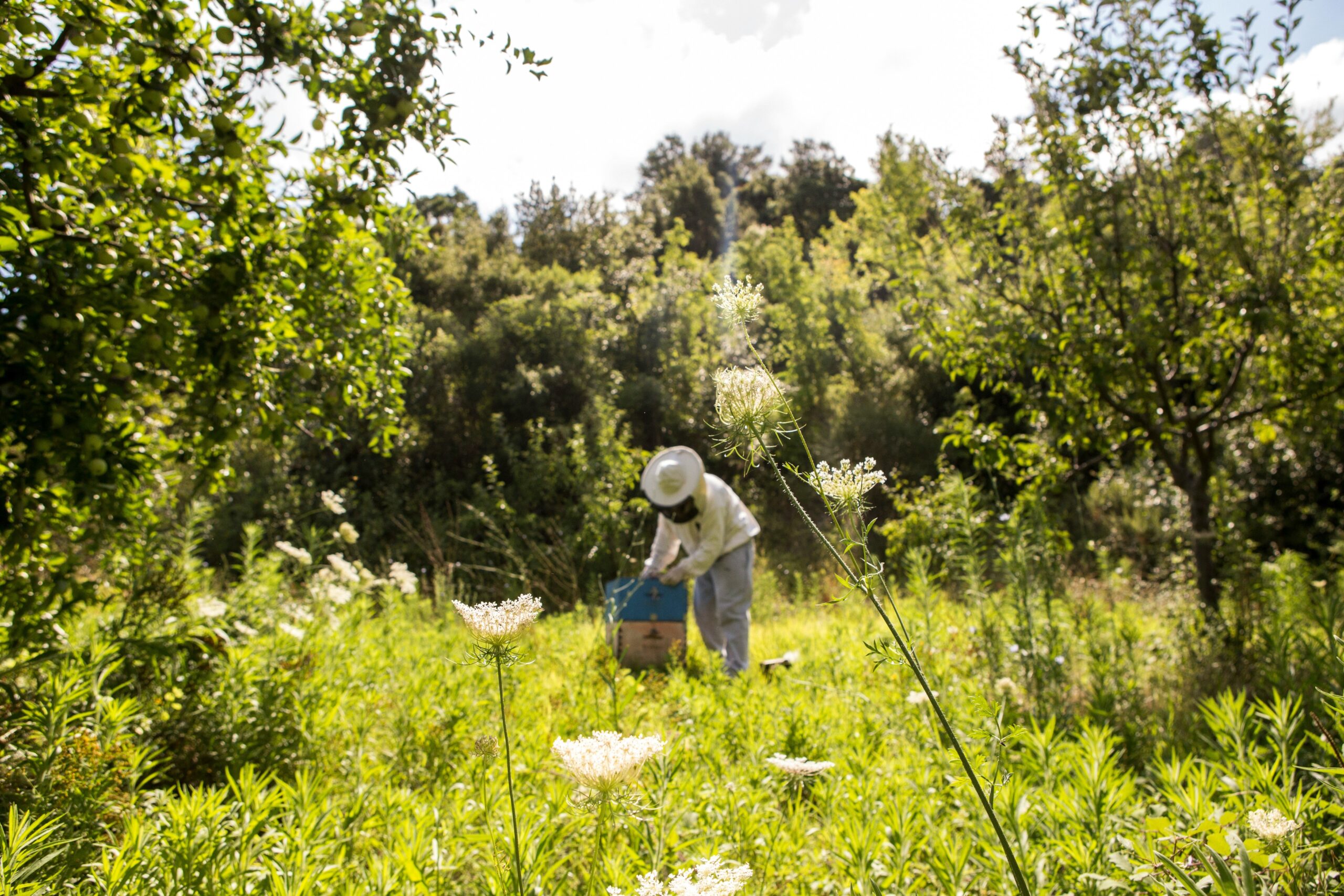
Step 1: Check Certifications
Don’t just trust the “organic” label; look for certifications like USDA Organic, COSMOS, or Ecocert. These ensure the product meets strict standards.
Step 2: Decode Ingredients
Avoid buzzwords and zero in on actual ingredients. Look for powerhouse naturals like:
- Aloe Vera: Soothes and locks in moisture.
- Hyaluronic Acid: A hydration magnet, even in natural form.
- Avoocado Oil: Rich in fatty acids for supple skin.
Step 3: Match to Your Skin Type
Dry skin loves rich, creamy textures, while oily types thrive with lightweight gels. Combination? Go for something balanced.
Step 4: Vet the Brand Ethos
Does the brand advocate cruelty-free practices? Are their supply chains ethical? Brands like Tata Harper or Herbivore Botanicals tick both boxes.
Warning: Whatever you do, don’t fall for gimmicky claims like “instant wrinkle removal” unless you want empty pockets and unchanged wrinkles.
Side rant: Why does every brand insist on putting lavender in EVERYTHING?! It’s great… until it isn’t. Some of us need variety, folks!
Pro Tips for Maximizing Organic Hydration Cream Benefits
- Apply Damp Skin: This helps lock in extra hydration. Think of it as catching raindrops before they evaporate.
- Layer Strategically: Use toner first, then serum, and finish with your organic hydration cream for maximum absorption.
- Gentle Massage: Press the cream into your skin instead of tugging at it. Chef’s kiss for circulation!
- Patch Test First: Even organic doesn’t mean foolproof. Always check for reactions.
Case Study: From Flaky to Fabulous with Organic Hydration Cream
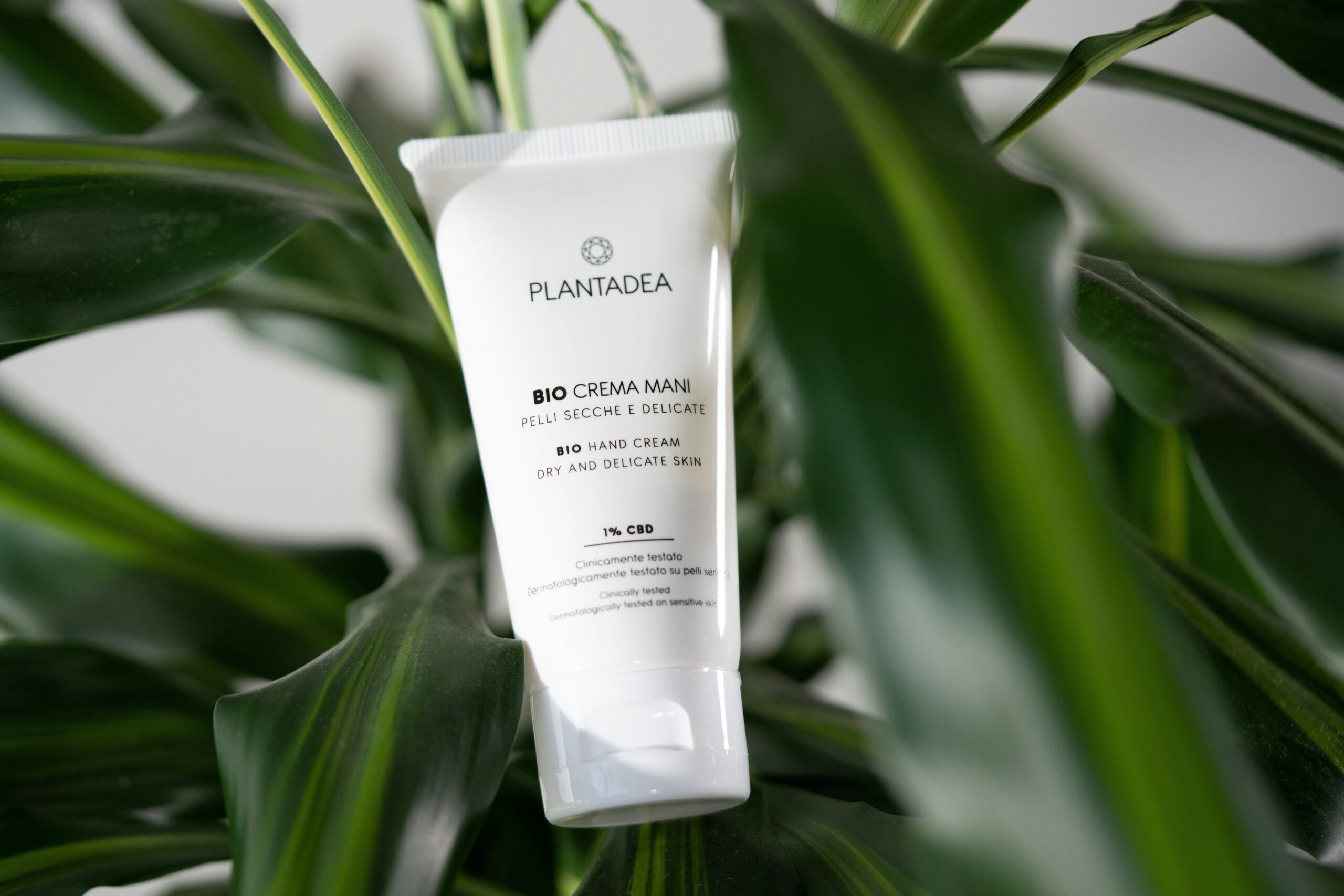
Take Sarah, a busy mom who struggled with perpetually flaky cheeks despite trying dozens of creams. She switched to Tata Harper’s Reparative Moisturizer—a certified organic hydration cream—and noticed improvements within two weeks. Her secret combo? Pairing the moisturizer with consistent sunscreen use during the day and hydrating masks at night.
Sarah’s skin transformed—not overnight, but steadily. Her glowing complexion now looks less like winter frostbite and more like summer sunshine.
FAQs About Organic Hydration Creams
Q: Are organic moisturizers worth the price?
Absolutely—if they’re certified and suit your needs. Yes, they may cost more upfront, but fewer irritations = fewer dermatologist bills.
Q: Can I use an organic hydration cream if I have acne-prone skin?
Yes! Look for non-comedogenic options with soothing botanicals like chamomile or green tea extract.
Q: What’s the shelf life of organic moisturizers?
Typically shorter due to lack of artificial preservatives—around 6–12 months. Pro tip: Store them in cool, dark places.
Conclusion: Glow Naturally, Live Sustainably
Finding the perfect organic hydration cream isn’t rocket science—it’s more like detective work meets self-care. By reading labels, understanding your skin, and choosing responsibly sourced options, you’re investing in healthier skin and a happier planet.
So go ahead, treat yourself. Your future glow will thank you. Oh, and one last thing:
Leafy greens, clean routines, Skin drinks deep, a glowing sheen— Like Tamagotchis, nurture wins.
